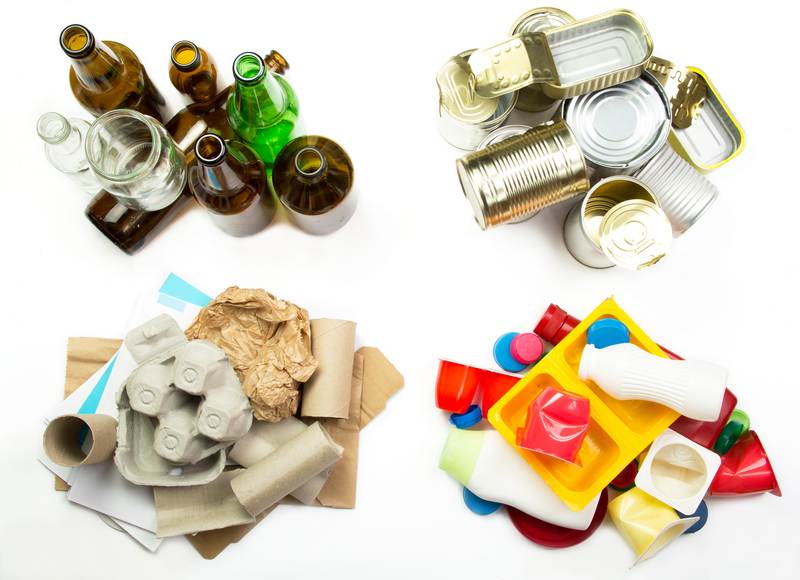A Guide to Hard Rubbish: What It Is and Disposal Tips
Understanding What Hard Rubbish Is
When it comes to waste management, hard rubbish is a term that many people frequently encounter but might not fully understand. Hard rubbish refers to items that are too big to dispose of via regular garbage collection services. These typically include large household items and appliances that are no longer in use.
Common Types of Hard Rubbish
- Old furniture such as couches, tables, and chairs
- Large appliances like refrigerators, washers, and dryers
- Mattresses and bed frames
- Carpets and rugs
- Building materials like timber, glass, and steel

The Importance of Proper Hard Waste Disposal
Disposing of hard waste correctly is crucial for several reasons:
- Environmental Protection: Improper disposal can harm ecosystems and wildlife.
- Resource Recovery: Many items can be recycled, conserving natural resources.
- Community Health: Reduces the risk of illegal dumping, which can attract pests and create hazards.
Effective Disposal Tips for Hard Rubbish
Managing hard rubbish can seem daunting, but with a few smart strategies, you can handle it efficiently. Here are some valuable tips for disposing of hard waste:
Tip 1: Assess Your Items
Before disposing of any item, evaluate its condition. Can it be reused or repaired? Many communities appreciate donations of usable items, so consider setting aside items that are still functional.
Tip 2: Use Council Collection Services
Many local councils offer scheduled hard rubbish collection services. Check with your local government to find out when these services are available and what their guidelines are. Remember to sort your items according to the categories specified by the council.
Tip 3: Hire a Professional Rubbish Removal Service
If you're unable to wait for a council collection or need to dispose of a large volume of hard waste, hiring a professional service can be beneficial. Look for a company that specializes in eco-friendly disposal methods.
Tip 4: Recycle Where Possible
Many hard waste items, like metals and certain plastics, can be recycled. Look for local recycling centers that accept large items. Some retailers also offer recycling programs for old appliances when you purchase a new one.

Hard Rubbish Disposal Regulations
It's important to be aware of any federal, state, or local regulations governing the disposal of hard rubbish. These laws are designed to protect the environment and ensure public safety. Non-compliance can result in fines or other penalties.
Environmental Regulations
Many regions have specific laws about the disposal of certain materials, such as e-waste or hazardous materials. Always ensure you are compliant with these regulations to avoid penalties and protect the environment.
Community Guidelines
Always respect community guidelines when disposing of hard rubbish. Place items at designated collection points or follow instructions from disposal centers to ensure a seamless process.
Conclusion: Responsibly Managing Hard Waste
Understanding how to effectively manage hard rubbish is a responsible practice that benefits both you and the environment. By evaluating reuse possibilities, utilizing council services, hiring professionals, and recycling, you can ensure that your disposal methods are efficient and eco-friendly. Keep abreast of local regulations and community guidelines to avoid potential issues. Through responsible management, you not only contribute to a cleaner environment but also support community well-being.
Adopt these disposal tips and become a part of the solution to managing hard waste effectively!